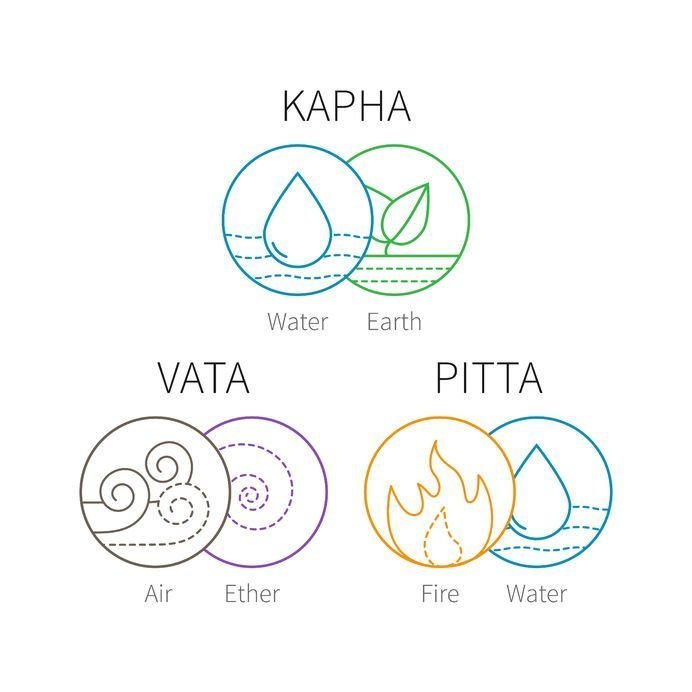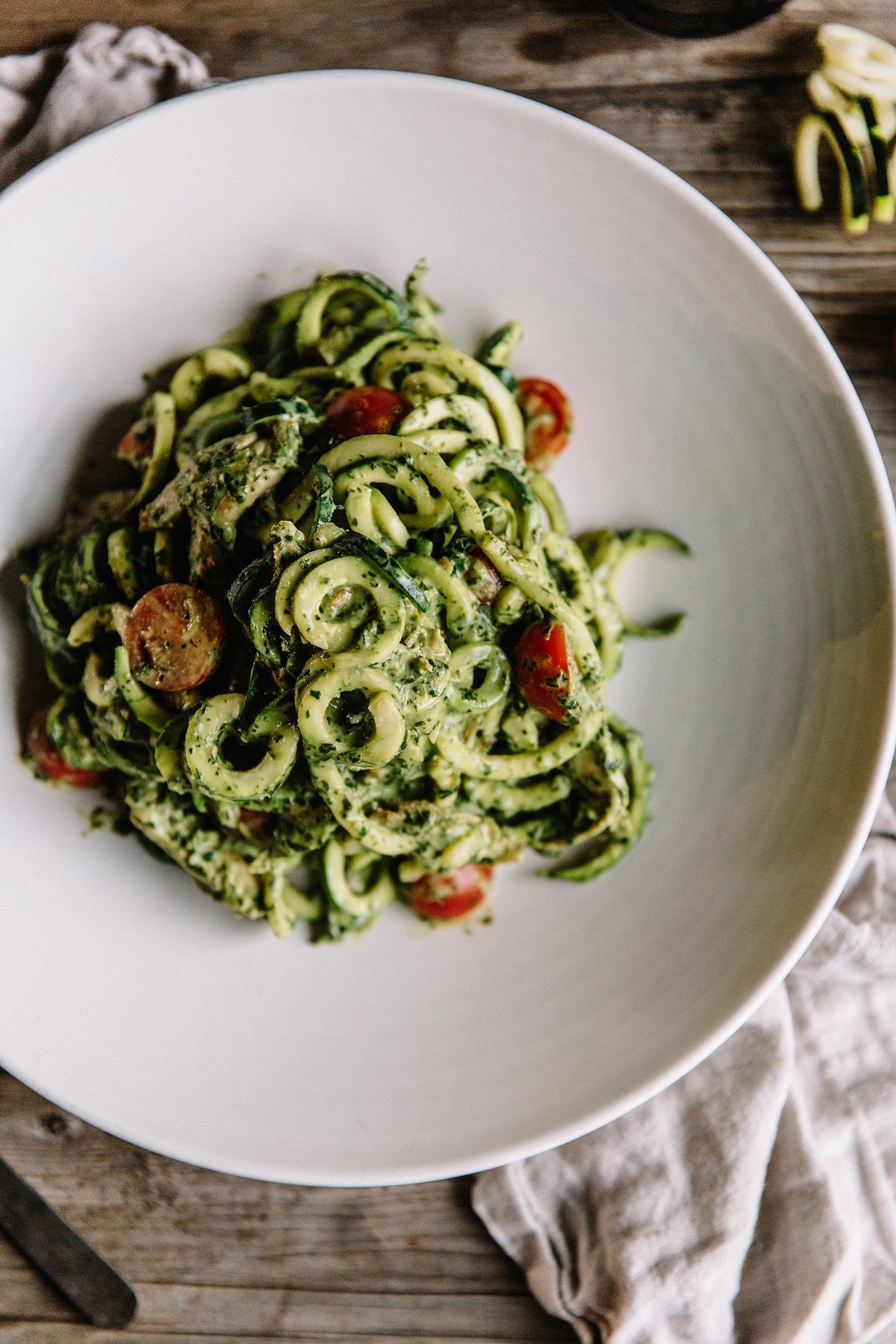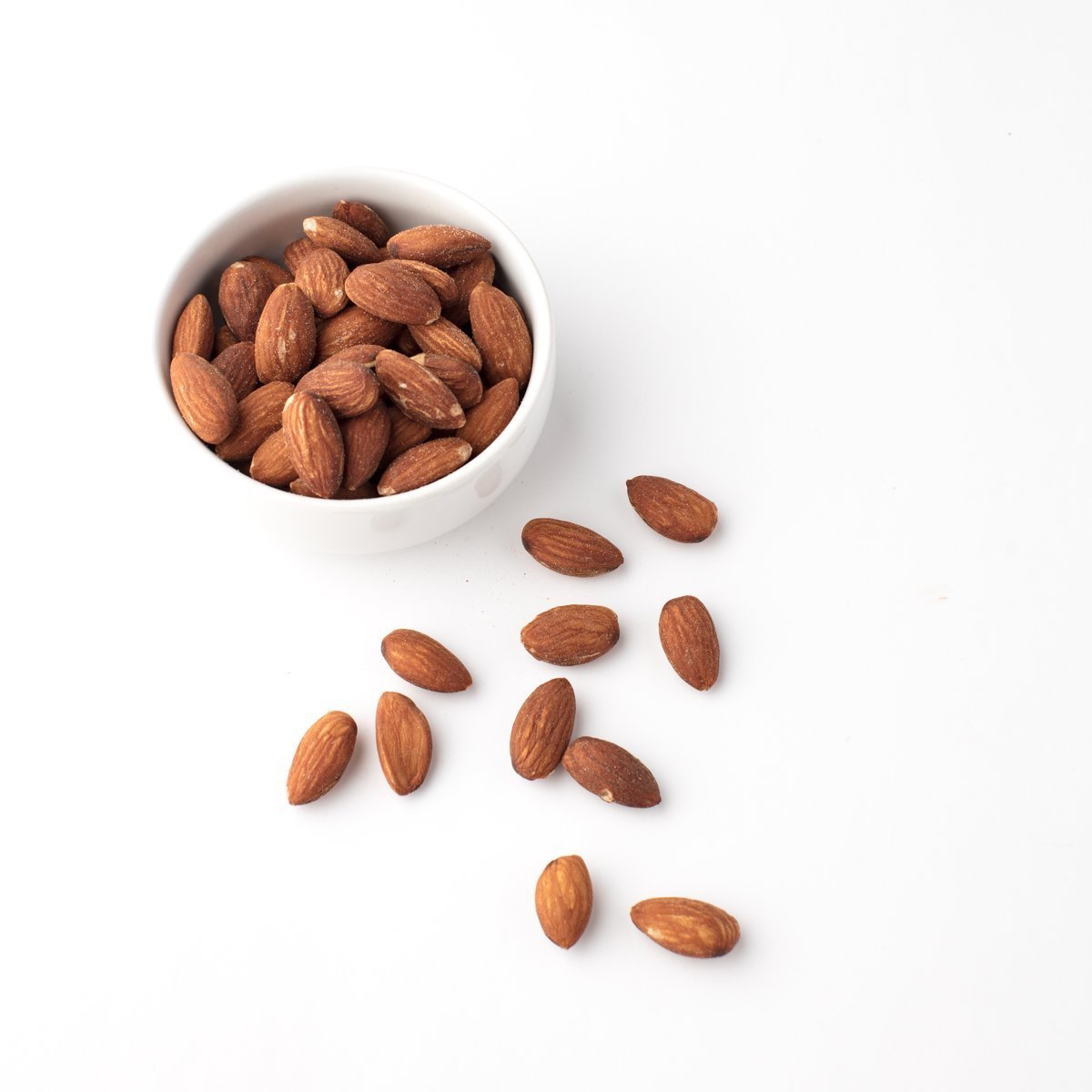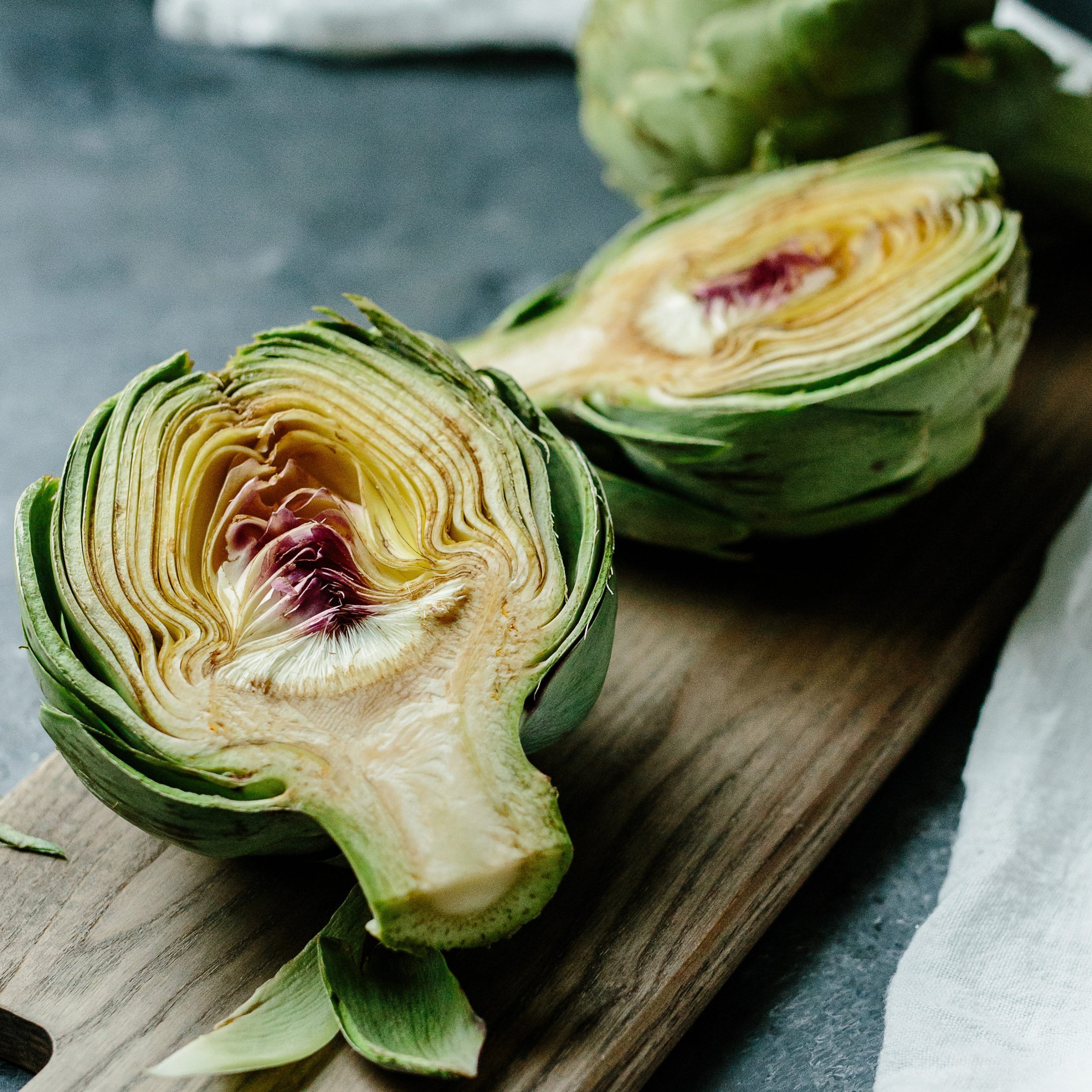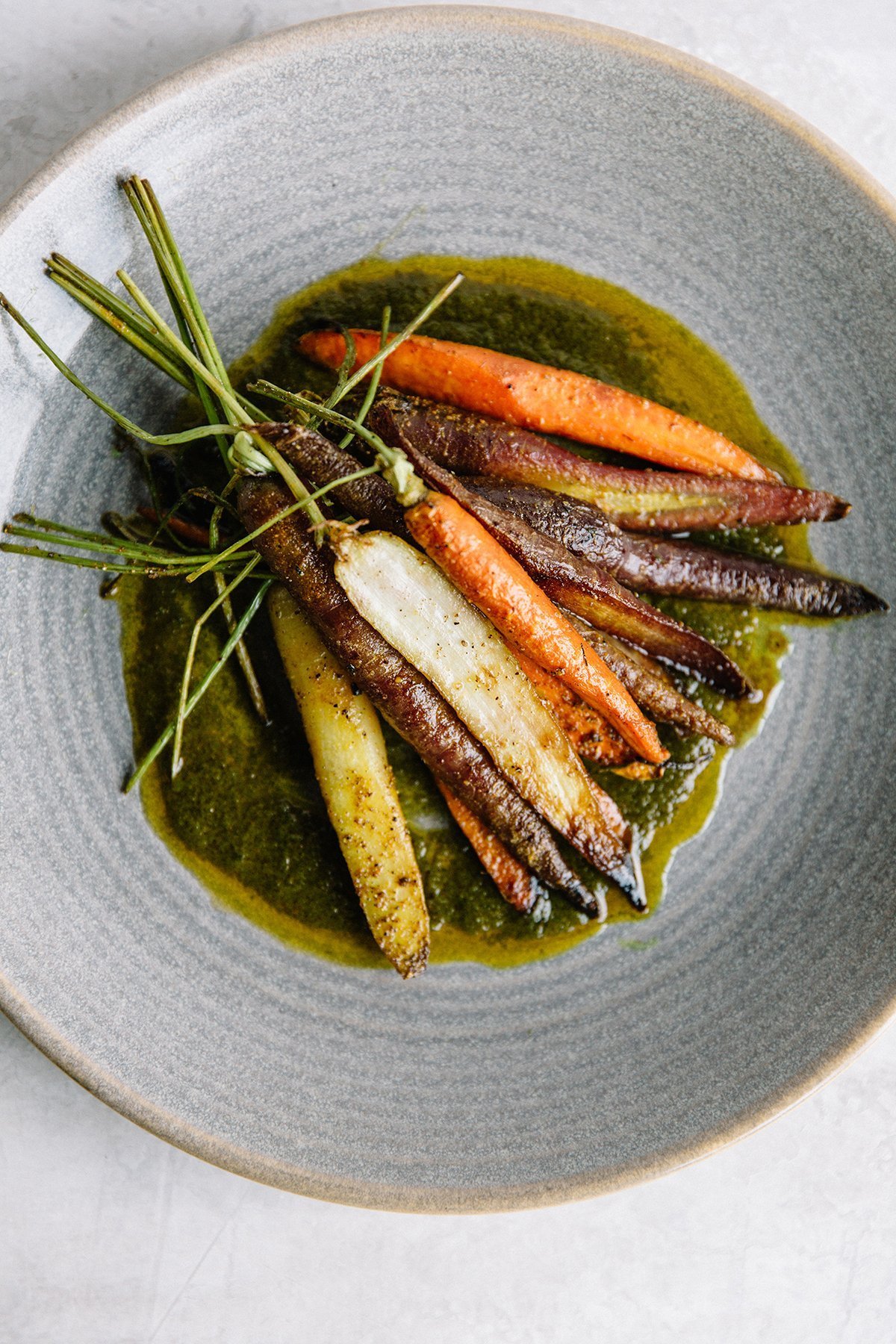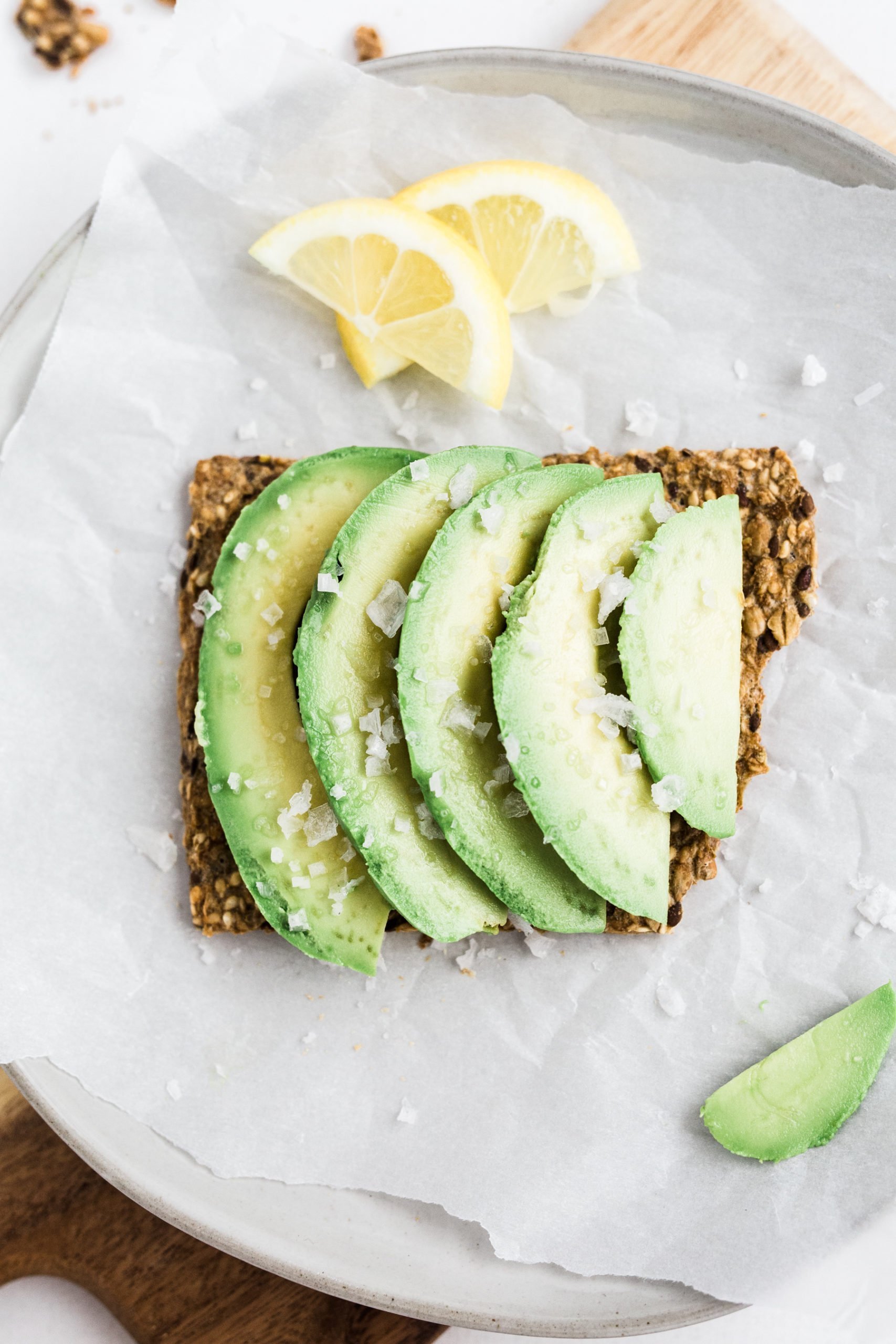Eating an Ayurvedic Diet to Soothe Your Anxiety
I have noticed in the last couple of weeks, as the weather has turned colder and my anxiety has gone up, that my digestive system has been a little out of whack. At first I thought it was just a period of “bad eating” around Thanksgiving that was causing this out of balance, but then I realized that it’s probably my general diet that is not in line with the season! If you also struggle with anxiety and are feeling “off” as we approach the holidays, then this blog is for you. Today I’m going to share the importance of applying Ayurvedic principles to your diet to help reduce your anxiety and ease your digestive system.
What is Ayurveda?
As I have mentioned in previous blogs, Ayurveda is the world’s oldest healing system first practiced in India over 5,000 years ago and is considered the “sister science of yoga” or the “medical branch of yoga”. In Sanskrit, Ayurveda means “the Science of Life”, which believes that disease and sickness can be healed through a balanced diet of eating certain foods depending on the different seasons.
According to Ayurvedic principles, everything on the planet is composed of five elements that represent the primary components of all living things. These five elements are ether (or space), air, fire, water and earth. Each of the elements then has its own set of qualities that help describe the energies of the element. Ayurveda teaches 20 qualities that are listed as 10 pairs of opposites.
And knowing the opposite quality is important because Ayurveda is based on the principles of like increases like and opposites balance. These two Ayurvedic laws have you first identify which quality is causing you to feel agitated. Then, choose the opposite quality in order to bring your entire system back into balance.
These elements are then woven together in different proportions to create three energies, or doshas. The three doshas are:
Vata Dosha (Ether + Air)
Pitta Dosha (Fire + Water)
Kapha Dosha (Water + Earth)
The doshas have particular functions in nature (e.g., the weather, seasons, etc.) and for each person they play very important functions in the body and mind. Since Ayurveda looks at opposition in your diet to properly balance your energy, it’s important to know your personal dosha constitution. In other words, Different food choices will have different impacts on your energy level based on your individual make-up. There are many online quizzes you can take to determine your dosha, including this Dosha Quiz by Dr. John Douillard. However, in order to meet all your dietary needs, you should consult an Ayurvedic professional.
Ayurvedic principles consider anxiety as an imbalance in Vata dosha, specifically in the mind. Before identifying which foods are best to balance anxiety, you first need to understand the qualities of vata dosha in order to know which qualities you need that are in opposition in order to balance your energy.
The Qualities of Vata Dosha
Since vata dosha is made up of the space and air, it is commonly referred to as, “that which moves things” and governs all movement and communication in your body. Think sensory intake, talking, breathing, circulation, muscle movements, cellular movements, childbirth, nervous system flow and the movement of thought. Physically, vata governs your nervous system, bones and sense of touch and hearing. Mentally, it is the navigator of your thoughts, emotions and actions. When vata is in balance, you are able to embrace change and learn easily, you are clear and alert, creative, joyful and open-minded.
Vata dosha is also considered the “king of all doshas” since without it, the other doshas are unable to move. When Vata dosha is out of balance, the other two doshas fall out of balance as well.
Vata dosha also governs winter. As winter arrives with cooler, drier and windier qualities, your body and mind start to hold on to these same qualities as well. In your body you might notice dry skin, cold hands and feet, dry cough, hoarse throat, irregular appetite (think grazing), stiff muscles and joints, and shortness of breath. In your mind, you could notice scattered thoughts, forgetfulness, lack of focus and anxiety. You could end up having trouble falling asleep or staying asleep. This is why it can be hard to “slow down” during the winter months because you actually feel less grounded and calm.
These are all signs of excess vata dosha.
Specifically for anxiety, there is too much lightness and movement in the mind, which creates erratic thoughts, confusion, worry, obsession, and lack of focus. When there is too much vata, your nervous system also revs up, which causes the energy in your body to become unstable and scattered, leaving you feeling ungrounded and restless.
Balancing Your Anxiety with Diet
In order to reduce your anxiety and stabilize the energy of your body and mind, especially during the winter months (which is governed by vata dosha) you need to incorporate foods into your diet that include the opposite qualities of earth and water (Kapha and Pitta doshas).
In general, to pacify vata dosha, you want to choose warm, moist and cooked foods, vs. raw, dry and over-processed foods. Here are some specific examples:
Eat more foods that are sweet, sour, salty, heavy, moist, oily and hot. Eat stews, soups, steamed vegetables, and more fat and protein. Try adding fats like ghee and olive oil to your food. Moist and oily foods like avocados, coconuts, cheeses, and foods like summer squash and yogurt. Add breads, cooked grains, root vegetables, nuts and seeds as well to pacify vata dosha.
Eat less foods that are pungent (spicy), bitter, light, cold and dry. Eat less raw salads, smoothies, cold foods and beverages, crackers, chips, sandwiches or over-processed foods that can be hard to digest.
Avoid: Caffeine, alcohol, sugar, chocolate and nicotine as they can be overstimulating and increase an already out of balance vata dosha.
To learn more about what you should eat to best balance vata dosha, check out John Doulliard’s Winter Grocery List.
So there you have it! You now have a better understanding of the types of foods that will help soothe your anxiety, especially in the winter months. As someone who shares in the struggles of an overthinking mind, I know that these vata-pacifying suggestions listed above will help ease digestion and bring warmth, calm and groundedness into your daily life.


